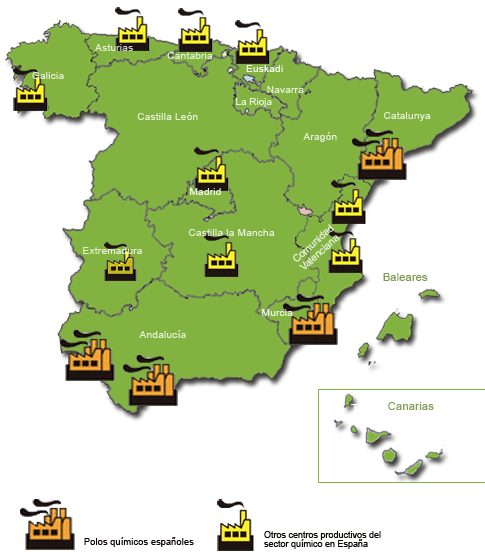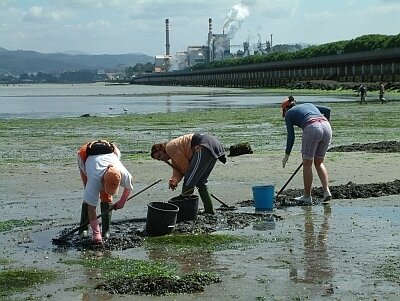polluting industries
The pollution of our air, water and soil by the industry is a reality that a large percentage of society has assumed as a necessary reality in order to generate economic development. Mainly, companies have set up this situation and put pressure on the environmental arguments that simplify the options to choose to accept "some" of pollution or run out of jobs.
This situation is leading to an attack of the environment with different chemical characteristics that cause deaths of workers and citizens without the medicine has in many cases an exact explanation of the causes of it. Increasing pollution also has a direct relationship with an increase in certain diseases such as cancer and other diseases of the reproductive system.
Undoubtedly, the chemical industry is one of the most polluting and avoid the dire consequences required by official government authorities who are blamed for their control, a number of conditions and safety standards. Since this industry has had exponential growth, is estimated to have produced and disseminated in the environment 100,000 new chemicals. This implies that the natural environment, ideal for life on Earth is affected in different ways with these new substances. Most troubling is that knowledge of the impact of these substances on the environment and human health is low and in most cases does not exist.
But the chemical industry is not the only one but himself Pollutant State Register, EPER, which collects data from the 2159's most polluting industries in Spain over 44 hazardous substances, recognizes the discharge of 1,219,709 tons of these pollutants water each year.
Among the most polluting industries would highlight some of its production cycle in the environment contribute to persistent, toxic or radiative. For example, the chlorine industry and PVC plants, highlights the dioxin contamination with mercury.
Dioxins are persistent and tend to bioaccumulate in the food chain, so that its concentration increases in the links above, where the human being. For this reason and because of its high toxicity, dioxins are among the group of 12 substances (Dirty Dozen) to the Stockholm Convention on Persistent Organic Pollutants set as priorities for removal.
On the other hand, is proven by numerous studies, that dioxin has direct effects on the generation of cancer, immune system damage, reproductive, endocrine and nervous systems. This damage may be occurring already in some areas the level of existing pollution.
Metallurgy, oil and paper industries are also industries considered of high environmental impact and should be monitored with routine and daily plans to ensure that chemicals used in industrial processes are incorporated into the environment at rates that affect human health , wildlife and plant kingdom.
Photo: Greenpeace



contamianantes industries
I would concoct a company's emissions of Alcala de Henares